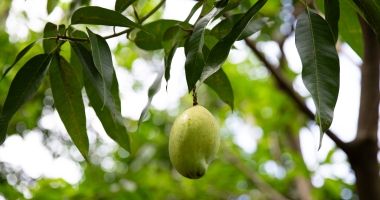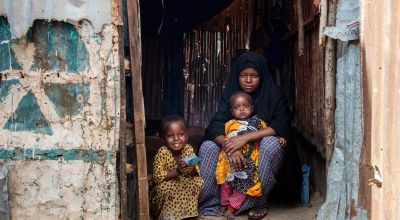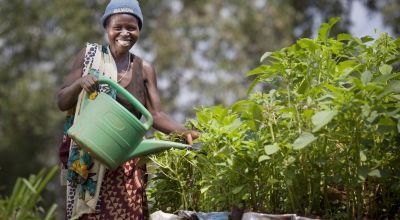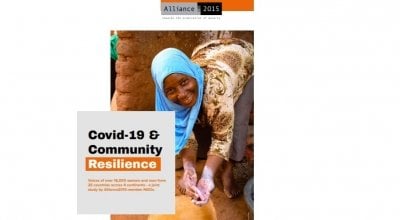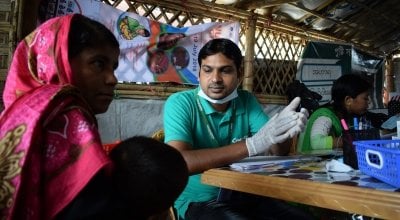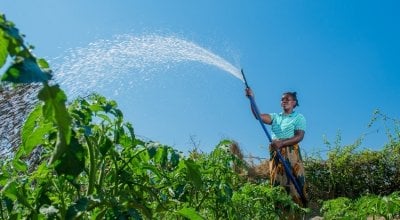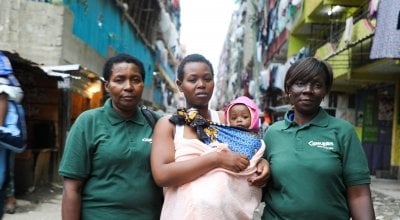
Read our 2023 annual report

Knowledge Hub
Why are we in Haiti? Haiti is currently in the midst of a complex humanitarian crisis that encompasses political instability, displacement, natural disasters, extreme hunger and gang violence, including gender-based violence. As the situation continues to deteriorate, nearly half of the country’s population requires humanitarian assistance.
Haiti’s deepest crisis goes beyond the headlines
The ongoing crisis in Haiti has had several headline moments over the last six years, including the resignation of the prime minister in 2024 and the attacks by armed gangs on strategic institutions such as the airport, prisons or hospitals. The situation has worsened in the last year, with escalations of gang violence, particularly in the capital of Port-au-Prince.
5.5 million Haitians, approximately 45% of the country’s population, will require humanitarian assistance in 2024. Nearly just as many are facing extreme levels of food insecurity. A weakened infrastructure and political instability have left many hospitals and clinics out of service, while diseases like cholera spread at a rapid rate.
Latest achievements
Emergency response
Despite the volatility of the context in the neighborhoods in which we work (such as Cité Soleil), we have maintained our activities throughout the most recent crises thanks to a network of community-based focal points and partners.
Gender-based violence
Partnerships
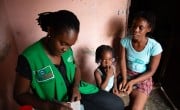
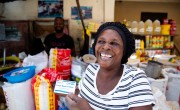
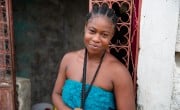
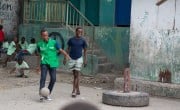


What we do in Haiti
Our response in Haiti has adapted over the years, but our focus remains on improving living standards, economic status and social inclusion for the island nation's most vulnerable communities.
Latest from Haiti
Organisations who fund us

Other ways to help
Corporate support
Is your company interested in working together for a common cause?
Fundraise for Concern
From mountain trekking to marathon running, cake sales to table quizzes, there are lots of ways you can support our work.
Buy a gift
With an extensive range of alternative gifts, we have something to suit everybody.
Leave a gift in your will
Leave the world a better place with a life-changing legacy.
Volunteer with Concern
The lots of ways to get involved with our work as a volunteer
School fundraising
Without the generous support from schools, we wouldn't be able to do the work that we do.





